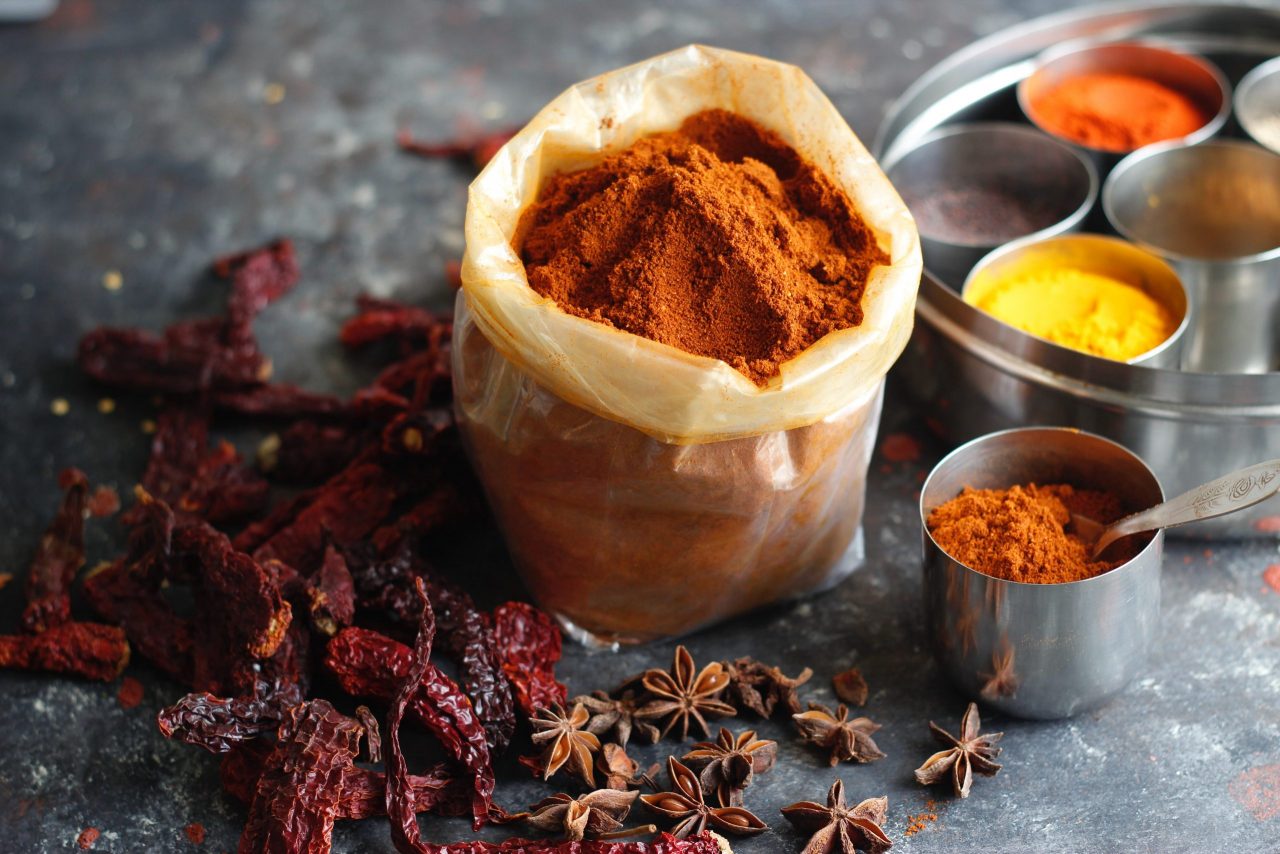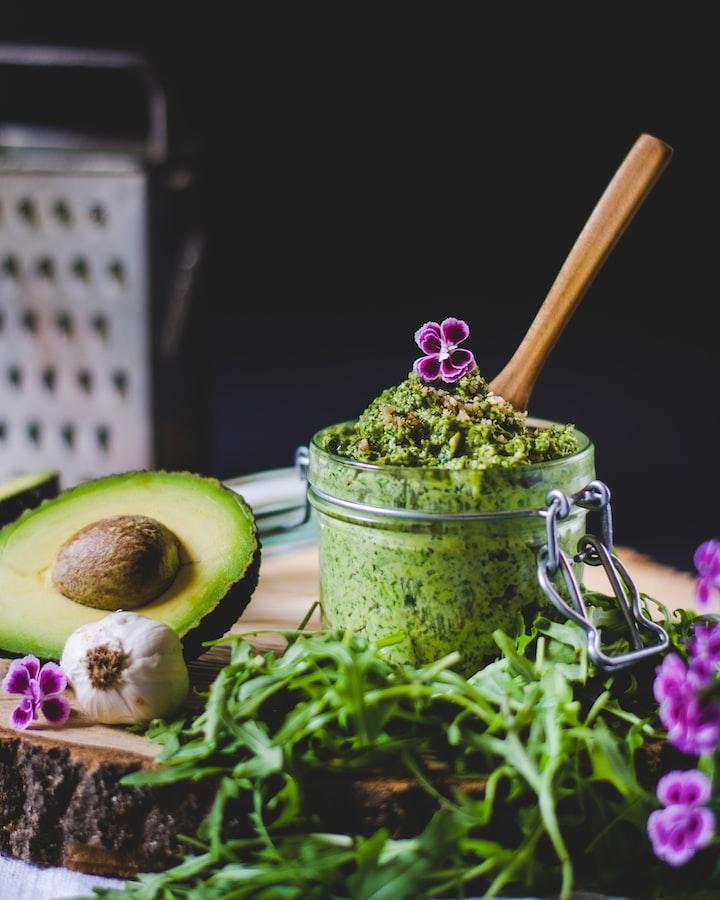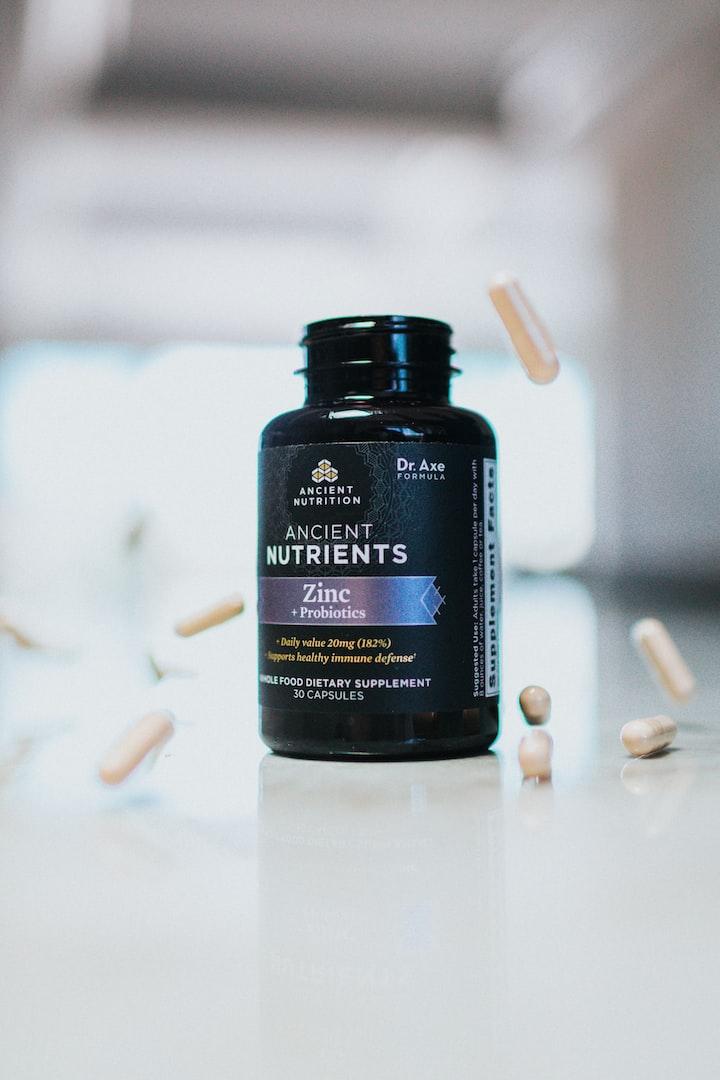Zinc is an essential mineral that is required for many biochemical processes in the body. It plays a role in DNA synthesis, cell growth and division, metabolism of carbohydrates and fats, and protein synthesis. Zinc also helps to protect the body against oxidative stress and free radicals.
While zinc is found in a variety of foods, it is not always easy to get enough from diet alone. This is why zinc supplements are often recommended for people who are at risk of zinc deficiency.
The signs and symptoms of zinc deficiency can be subtle and may take years to develop. The most common signs include:
1) Growth retardation: Zinc plays a vital role in growth and development. Zinc deficiency can lead to stunted growth in children and delayed sexual maturation in adolescents.
2) Skin problems: Zinc deficiency can cause a variety of skin problems including dryness, rashes, acne, eczema, and psoriasis.
3) Immune system dysfunction: Zinc is essential for proper immune function. Deficiency can lead to increased susceptibility to infection and slowed healing time from wounds or injuries.
4) Digestive problems: Gastrointestinal issues such as diarrhea, nausea, vomiting, and abdominal pain.
Read More »Quick Facts: The Five Signs of Zinc Deficiency






